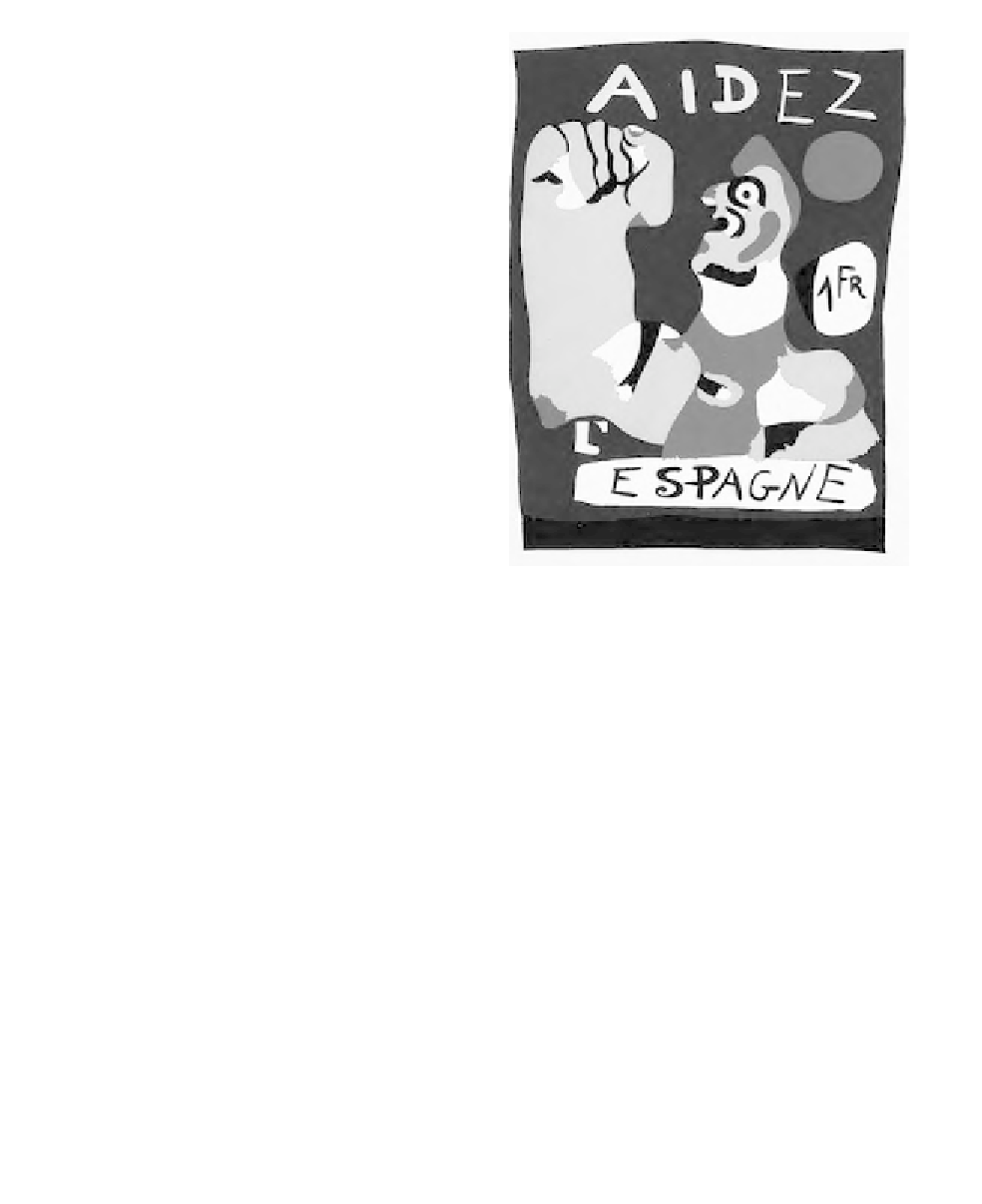Travel Reference
In-Depth Information
recognized Cuban independence under
what amounted to a protectorate exercised
from Washington. (For a fuller account of
the historical evolution of Spain's relations
Spanish civil war
(1936-1939)
Like all civil wars, this conflict in Spain
arose out of immediate circumstances but,
in a deeper sense, from issues that had
existed for many generations. Political and
military factionalism that developed after
the proclamation of the Second Republic in
1931 culminated in the establishment of
the Popular Front government in early
1936 and the decision of certain generals to
confront this leftist regime. The forces that
rallied to support the republic included
Communists, Socialists, anarchists, labor
unions, and peasant farmers, as well as
Basques and Catalans. Despite the wide
variety of their interests and fundamental
principles all of these felt that their long-
term aspirations, ranging from a workers'
dictatorship to regional independence could
best be achieved under the republic. These
“Loyalist” supporters (also called Republi-
cans) were challenged by an equally varie-
gated collection of landowners, capitalists,
clericals, and monarchists of several differ-
ent dynastic allegiances, as well as those
who admired fascist ideology and advocates
of the military's perennial claim to be the
guardian of Spanish integrity.
When General F
RANCISCO
F
RANCO
, oper-
ating from M
OROCCO
, launched his revolt in
July 1936, he was joined by colleagues who
managed to seize control of scattered dis-
tricts in Spain and its offshore islands. By
October he had emerged as the unchal-
This French poster (the translated title is “Help Spain”)
from a 1937 image draws support for Spain's Republican
government under attack by fascists.
(Library of Congress)
lenged leader of what came to be known as
the Nationalist cause and designated chief
of state. The struggle raged on through
1937, with gains and losses for both sides,
although none of the battles was as brutal
and bloody as the initial slaughter of civil-
ians during the opening months of the war
that revealed the deep-seated class hatred
lying beneath the surface of Spanish society.
Gradually the advantage tipped in favor of
the Nationalists, who received significant
military assistance from Adolf Hitler's Ger-
many and Benito Mussolini's Italy. The
Western democracies, despite some initial
sympathy for the republic, retreated

Search WWH ::

Custom Search